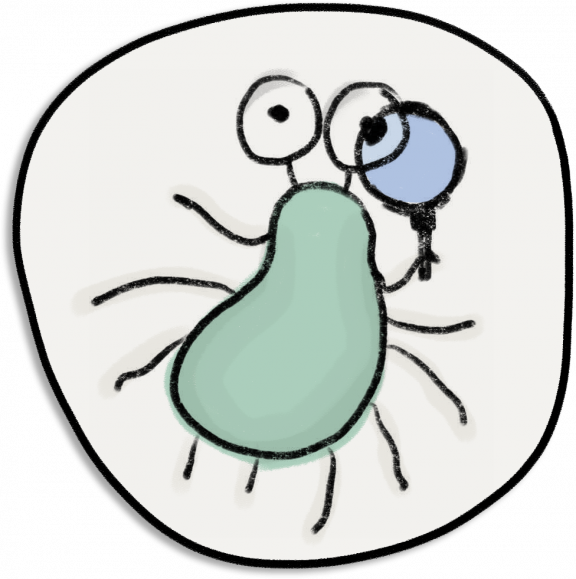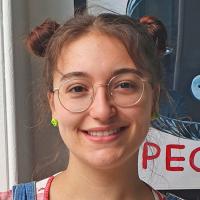
GloMiMo
Forecasting Pathogenic Microbial Load
The Challenge
Microbes (viruses, bacteria, and fungi) are both the culprit behind humanitarian/monetary loss and at the forefront of innovative solutions as we enter an unprecedented era of warming climate, global interconnectedness, and food insecurity. Mitigative solutions and reactionary techniques are more costly and inhibit innovation when the data exists to support predictive solutions! What we lack is dynamic predictive modeling that incorporates climactic regimes, duration, species morphology, soil characteristics, management practices, and recent and historical microbial diversity and load (colony forming units) indicators.
Goals
Our ultimate goal is for extension services and farmers across the globe, to have access to predictive risk management intelligence that can guide preventative treatments, measures, and strategies to ensure food and crop security. Specifically, our goal for this challenge is to identify critical risk thresholds in pathogenicity and gain external and interdisciplinary insight from the Port Association, CERN and additional partnering organizations towards a structural basis and prototype for a model forecasting pathogenic microbial load (colony forming units per crop) thresholds based upon data from a case study. From this one could predict critical intervention points for stakeholders (farmers, agricultural education, extension recommendations and practices) based upon the magnitude of risk.
Results
Project Team

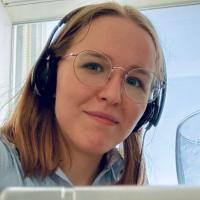
Dagmar Wikarska
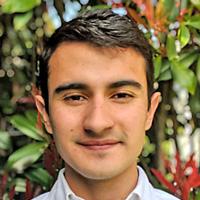
Diego Avila
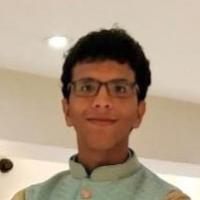
Jinen Setpal
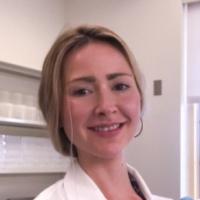
Kris Petterson
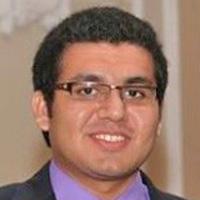
Mohammad Moosajee
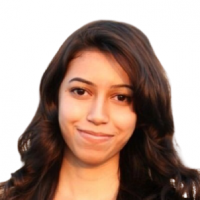
Nikita Divay
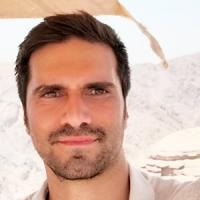
Nikos Chrysogelos
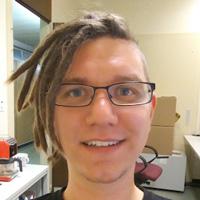
Steffen Ludwig
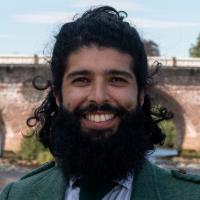
Viraf Mehta
GloMiMo
